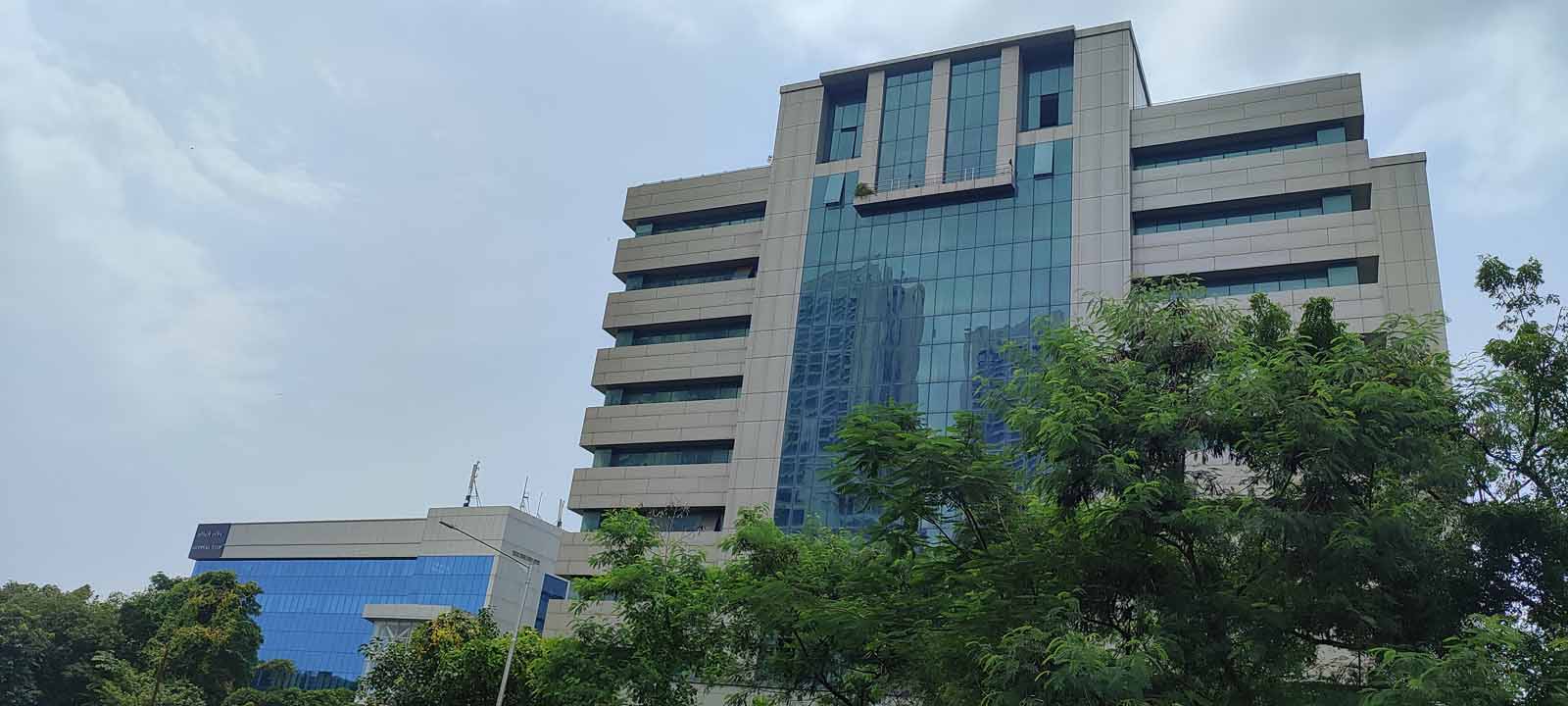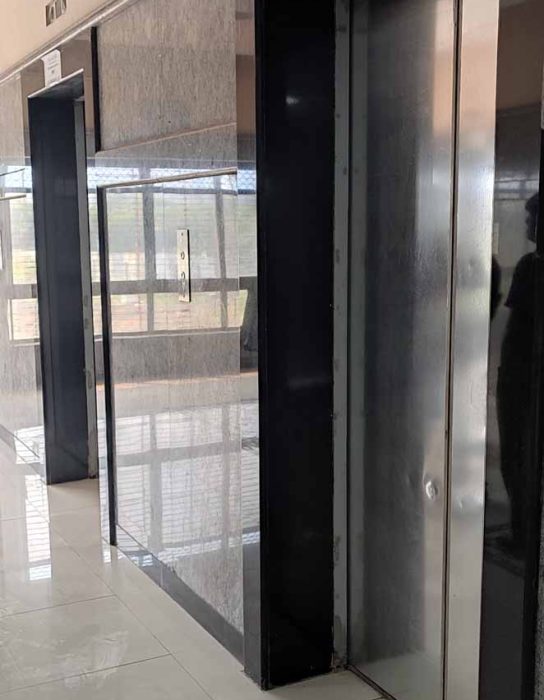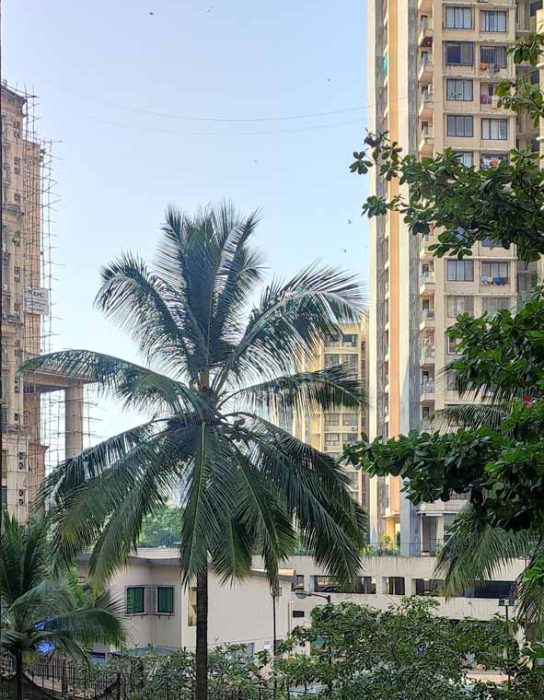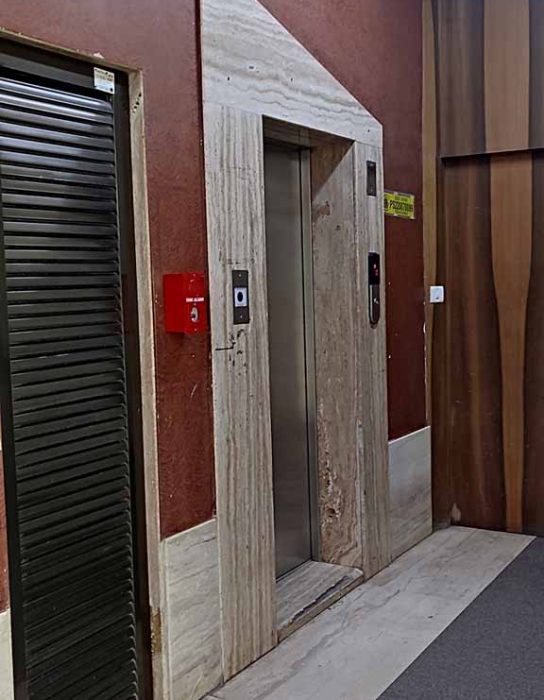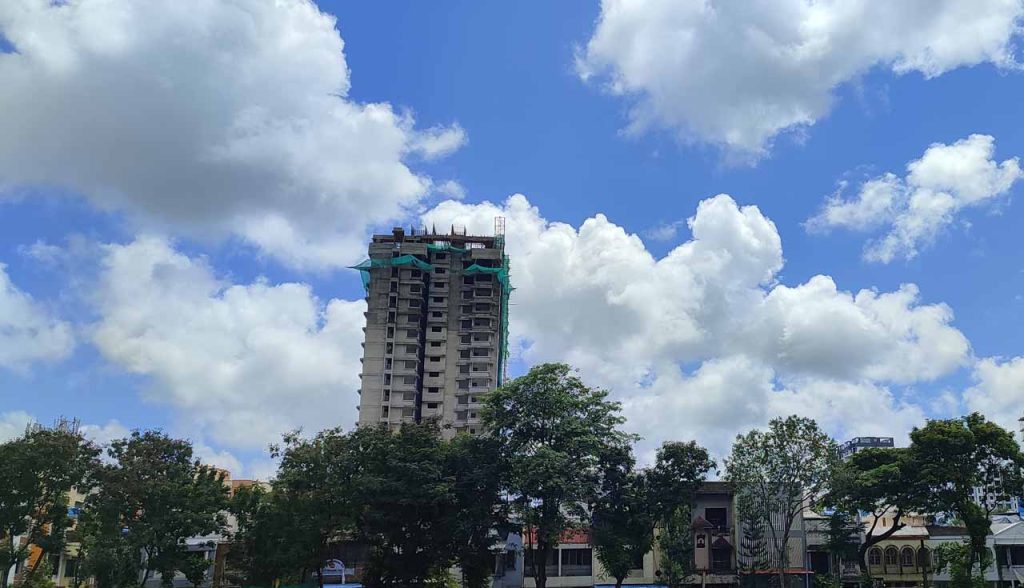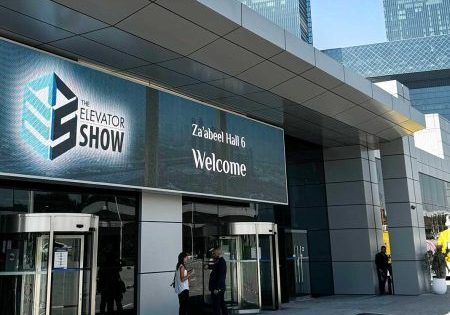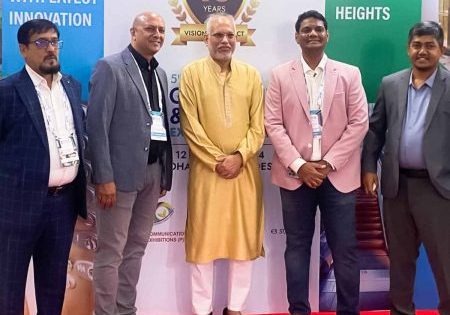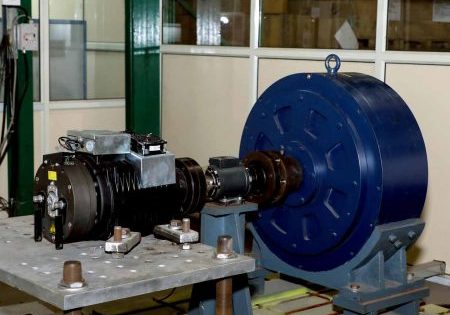“Made in India” VT provides a competitive advantage across domestic and international markets.
images by Gagandeep Kaur
In recent years, India’s real estate and infrastructure sectors have witnessed unprecedented growth. As cities expand vertically to accommodate the increasing urban population, the demand for advanced vertical-transportation (VT) solutions, including elevators, escalators and moving walks, has surged. This growing need for VT solutions, both in residential and commercial sectors, has created a fertile ground for Indian manufacturers to capitalize on domestic demand while exploring international markets.
The “Made in India” initiative, launched by the Government of India, has further accelerated the pace of domestic production and technological innovation. It has encouraged Indian manufacturers to adopt global standards while capitalizing on the advantages of local production. In this context, Indian VT manufacturers have a significant opportunity to expand their capacities and position themselves as key players in both the domestic and international markets.
This piece explores the vast potential of the “Made in India” VT sector, emphasizing how manufacturers can extend their scope across both domestic and international markets by focusing on innovation, quality and sustainable solutions.
The Growth of VT in India
India’s urban landscape has undergone a dramatic transformation over the last decade. With rapid urbanization and the development of smart cities, there is an increasing trend toward constructing high-rise buildings, large commercial complexes, malls and residential towers. This vertical expansion has led to an unprecedented demand for VT systems, as efficient mobility within these structures becomes essential.
The Indian elevator and escalator market, currently valued at approximately US$1.6 billion, is projected to grow at a compound annual growth rate (CAGR) of 7-8% over the next decade. Much of this growth is driven by the government’s investment in large-scale infrastructure projects such as metro rail networks, airports and housing projects under schemes like the Pradhan Mantri Awas Yojana (PMAY). Furthermore, increased construction activity in healthcare, hospitality and educational institutions has contributed to the rising demand for VT solutions.
With the right investments in technology, innovation and global expansion, the “Made in India” VT sector is poised to play a transformative role on the world stage.
The Indian government’s focus on affordable housing and infrastructure development has resulted in a boom in the construction of residential and commercial properties in Tier 2 and Tier 3 cities. This has further widened the scope for VT solutions in India, as even smaller cities are seeing an increase in high-rise buildings and modern infrastructure.
Domestic Market Expansion: Opportunities and Challenges
While the domestic market for VT solutions in India is expanding, there are still several challenges that manufacturers need to address. One of the key challenges is the need for localized solutions that are tailored to the unique needs of different regions across India. Factors such as power fluctuations, infrastructure limitations and extreme weather conditions in certain parts of the country necessitate the development of robust, adaptable and energy-efficient VT systems.
Indian manufacturers are already addressing these challenges through innovations designed specifically for the domestic market. For example, VT systems are being developed with features like automatic rescue devices that ensure passenger safety during power outages, which are common in certain parts of the country. Additionally, eco-friendly elevators with low energy consumption and minimal maintenance requirements are becoming increasingly popular.
The need for rapid urbanization in smaller cities and towns also presents opportunities for Indian manufacturers to expand their market presence domestically. By leveraging the benefits of the “Made in India” initiative, Indian companies can capitalize on the growing demand for affordable, high-quality VT systems. This, in turn, would enable them to compete with foreign brands that often dominate the market with premium-priced products.
The “Made in India” Advantage
The “Made in India” initiative has provided Indian manufacturers with a competitive advantage, not just within the domestic market but also in the global arena. Indian VT manufacturers are uniquely positioned to offer cost-effective solutions that meet international standards of quality, durability and safety. This ability to provide world-class products at affordable prices is one of the key factors driving the growth of the “Made in India” brand in international markets.
Moreover, Indian manufacturers have a reputation for being adaptable and resourceful, often developing innovative solutions to meet the specific needs of their customers. This is particularly important in the VT industry, where different markets have different requirements based on factors such as building height, usage patterns and energy availability.
For example, in regions with frequent power outages, Indian manufacturers have developed elevators equipped with battery backup systems, ensuring uninterrupted service. In areas with limited infrastructure, low-maintenance elevators that require minimal repairs and operational oversight are proving to be attractive solutions.
Global Expansion: Entering New Markets
The demand for VT solutions is not limited to India alone. Across emerging markets in Asia, Africa, the Middle East and Latin America, the need for reliable and affordable VT systems is rapidly increasing. These regions are experiencing fast-paced urbanization, with governments investing heavily in infrastructure development to accommodate growing populations. As a result, the global VT market presents a significant opportunity for Indian manufacturers.
Indian VT companies are well-positioned to tap into these markets due to their cost competitiveness and ability to offer customized solutions. Countries in Southeast Asia and Africa, in particular, are looking for affordable yet efficient VT systems to support their infrastructure projects. By leveraging their experience in serving the diverse and challenging Indian market, manufacturers can develop solutions tailored to the unique needs of these regions.
Another key factor in global expansion is the alignment of Indian VT products with international standards and certifications. To establish a strong presence in foreign markets, Indian manufacturers must ensure that their products comply with global safety regulations and quality certifications. This includes adhering to international codes for elevator and escalator safety, as well as meeting energy efficiency standards set by global regulatory bodies.
Technology and Innovation as Catalysts for Growth
In today’s rapidly evolving world, innovation is the key to staying competitive. Indian VT manufacturers must continue to invest in R&D to drive innovation and enhance their product offerings. Smart elevators, AI-driven maintenance solutions and Internet of Things (IoT)-enabled VT systems are just some of the technological advancements that are reshaping the industry.
Smart elevators, for instance, are gaining popularity in commercial and residential buildings as they offer features such as destination control systems, predictive maintenance and energy optimization. These technologies not only improve the efficiency of VT but also enhance the overall user experience. Indian manufacturers that embrace these innovations will be better positioned to capture both domestic and international markets.
Another area of technological advancement is sustainability. As environmental concerns take center stage globally, there is a growing demand for eco-friendly VT systems that minimize energy consumption and reduce the carbon footprint. Indian manufacturers can play a crucial role in promoting sustainable development by offering energy-efficient elevators and escalators that comply with green building standards.
By incorporating renewable energy sources such as solar power and implementing regenerative drives that capture energy during elevator descent, Indian manufacturers can offer solutions that not only reduce operational costs but also contribute to global sustainability goals.
Forging Strategic Partnerships for Global Reach
As Indian VT companies look to expand their presence in international markets, strategic partnerships and collaborations with global players will be critical. By forming alliances with international distributors, contractors and real estate developers, Indian manufacturers can access new markets and build a robust global supply chain.
Joint ventures and technology-sharing agreements with international VT companies can also provide Indian manufacturers with access to advanced technologies and best practices. These partnerships will enable Indian companies to enhance their product offerings, increase production capacities and improve their competitiveness in the global market.
Furthermore, participating in international trade fairs, exhibitions and industry forums will help Indian VT companies showcase their products to a global audience and build a strong brand presence in foreign markets.
Pathways to a Dynamic Future
The future of VT in India is filled with immense possibilities. With the right investments in technology, innovation and global expansion, the “Made in India” VT sector is poised to play a transformative role on the world stage. Indian manufacturers have the opportunity to not only cater to the growing domestic market but also to emerge as global leaders in providing affordable, efficient, and sustainable VT solutions.
By focusing on quality, adaptability and customer-centric innovations, Indian VT companies can extend their reach to new horizons, creating a lasting impact in the VT industry worldwide. The journey ahead is one of growth, exploration and boundless potential, as Indian manufacturers continue to expand their capacities and redefine the future of VT.
Get more of Elevator World. Sign up for our free e-newsletter.
